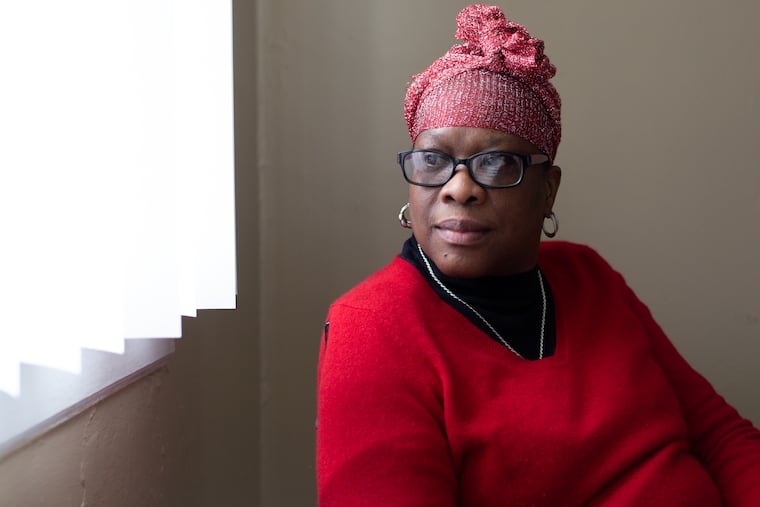Philly needs a bill of rights for domestic workers | Opinion
In Philadelphia, there are 16,000 domestic workers who make an average of $10,100 annually.

As a professional nanny with 24 years of experience in the field, I love taking care of children and supporting their growth and learning. I have two degrees in early childhood education, from the University of the West Indies in my home country of Trinidad and Tobago and from community college in New York, and I’m committed to providing the best care possible to my employers. My work as a nanny enables mothers and fathers to go to their workplaces with the peace of mind that the most important elements of life — loved ones and homes — are well cared for.
But domestic workers like me — nannies, house cleaners, and caregivers — don’t get that same peace of mind. We don’t get the basic labor protections other workers do. We don’t qualify for minimum-wage and overtime protections. We aren’t protected by the federal Civil Rights Act, which governs gender and racial discrimination. We don’t get workplace safety protections. We don’t have the ability to unionize. And we’re not protected from retaliation if we do speak up about the ways we’re abused and taken advantage of. It’s no mistake we’re denied these basic protections — it’s part of the enduring legacy of slavery. Domestic workers and agricultural workers were left out of 1930s labor law because the vast majority were black descendants of slaves.
Today, that legacy of poverty wages and racial discrimination lives on. In Philadelphia, there are 16,000 domestic workers who make an average of $10,100 annually, according to research by University of Pennsylvania sociology professor Pilar Gonalons Pons. This means that in the poorest major city, we are among the lowest paid and most exploited of the working poor. The vast majority of us are women of color — black and immigrant women, many of whom are undocumented. Domestic workers frequently experience wage theft, verbal abuse, sexual harassment, threats to call ICE if we speak up about our working conditions, daily instances of racism and prejudice, and employers who refuse to pay and who barge into living quarters after work hours are done for live-in nannies and caregivers.
It’s time for this to change.
As a black immigrant woman and a member of the Pennsylvania Domestic Workers Alliance, I am fighting for a Domestic Worker Bill of Rights so domestic workers like me get better treatment at work and basic labor protections.
Seven states plus the city of Seattle have already passed Domestic Worker Bills of Rights to ensure respect, professionalism, and safety on the job for millions of domestic workers. This legislation closes loopholes in labor law that leave domestic workers unprotected, while guaranteeing fair pay, safe working conditions, and the ability to hold employers accountable if they violate our rights. It’s time for Philadelphia to do the same and pass a Domestic Worker Bill of Rights. It’s common sense.
»READ MORE: A new app gives paid time off to the ‘original gig workers’
Before moving to Philadelphia, I worked as a nanny in New York, which already has a Domestic Worker Bill of Rights. I was treated much better in New York. I had a written contract, paid days off, and was able to get a yearly raise. While I did experience mistreatment from some employers, my important caregiving work was more visible and more respected. In Philadelphia, I work behind closed doors without any of the benefits and protections I had in New York. I love this city, and I want City Council to step up to protect people like me.
I’m excited to work alongside strong women in City Council to make our rights a reality here in Philadelphia. It’s time to honor the dignity in all work by passing a Philadelphia Domestic Worker Bill of Rights to guarantee that those of us who take care of other people’s homes and families are taken care of, too.
Annie Johnson is a nanny and member leader of the Pennsylvania Domestic Workers Alliance.